Both new and old businesses face challenges with loan repayments, and a debt consolidation loan is a viable option for sustainable loan repayment to avoid a default. When cash flow is limited, it becomes hard to finance loans and consolidation solves the problem by putting all the loans into a single loan for flexible repayment.
If your business has credit lines and other loans, the interest payments can be lowered by consolidating them. Consolidation of loans allows a business to lower the burden of high-interest rates.
However, consolidation of loans is not an impromptu debt consolidation tool. For your business to qualify for debt consolidation; you have to consider your existing loans, your current lines of credit and financial status. To qualify for a business consolidation loan, you have to hit a new milestone; a lender may require you to have been in operation for more than six months or 2 years.
However, debt consolidation loans are not the same as debt refinancing, although, the latter also assists in debt management. Refinancing replaces the loan with a new one with lower interest rates.
Types of debt consolidation loans
There are different types of debt consolidation options; that is, unsecured and secured debt. The difference between the two is that a secured debt has collateral while an unsecured debt has no collateral.
The pros of debt consolidation loans
• Debt consolidation loans help to reduce the stress of financing debt from different lenders. Restructuring your debt into a single loan from a single creditor lowers your interest rates.
The drawbacks of debt consolidation loans
• Extended repayment period: While debt consolidation services are perfect for restructuring debt, they involve extended repayment periods, which mean you will pay more interest in the long-run. Also, you are likely to pay high fees to the lender for the loan.
If you are considering a debt consolidation loan, get in touch with Dhanani Funding for professional help on how best to approach it.

